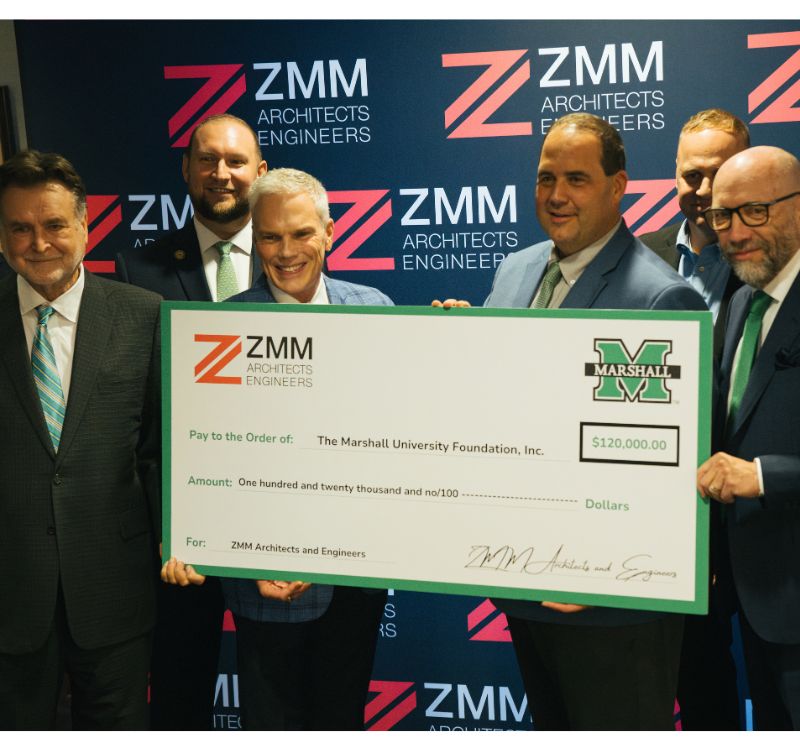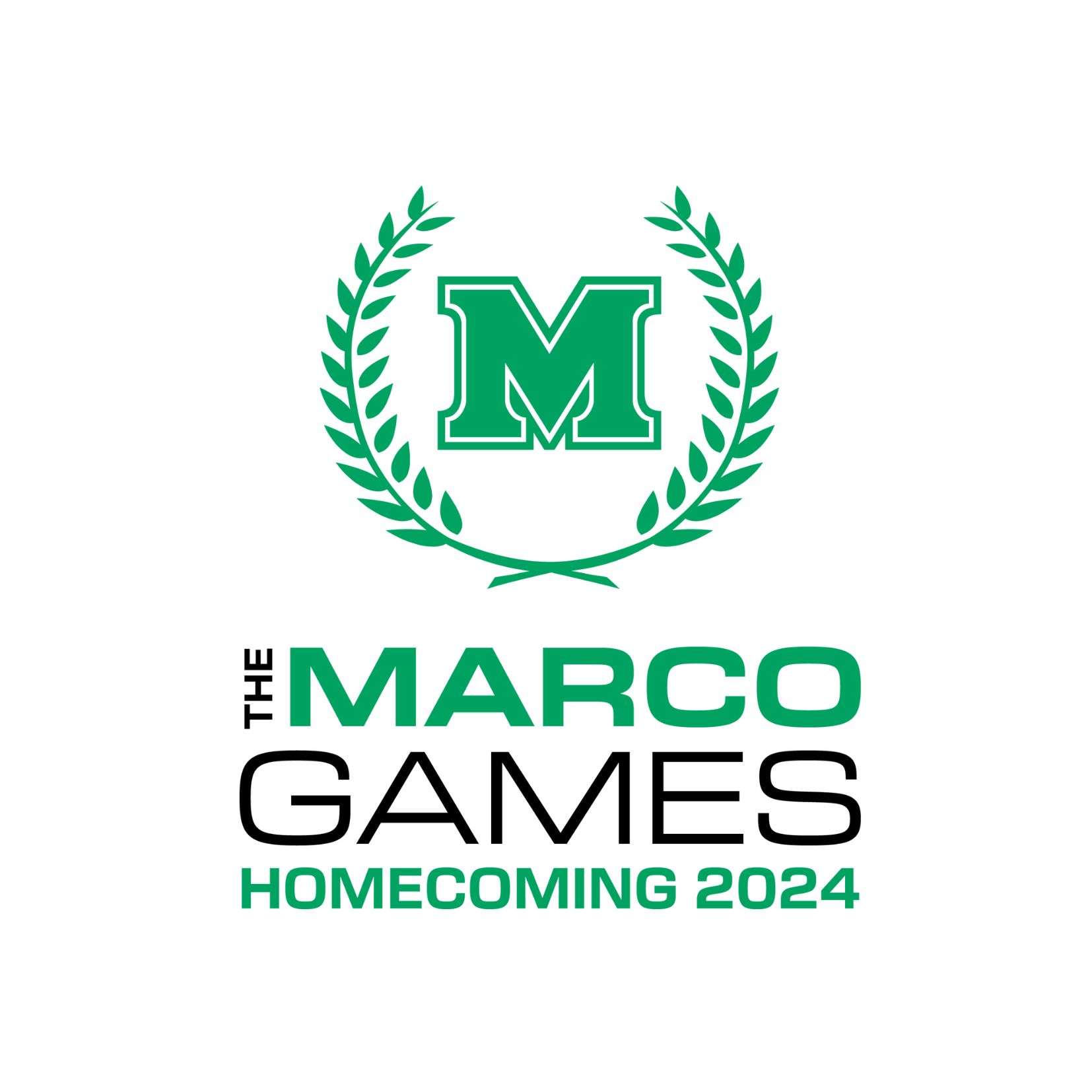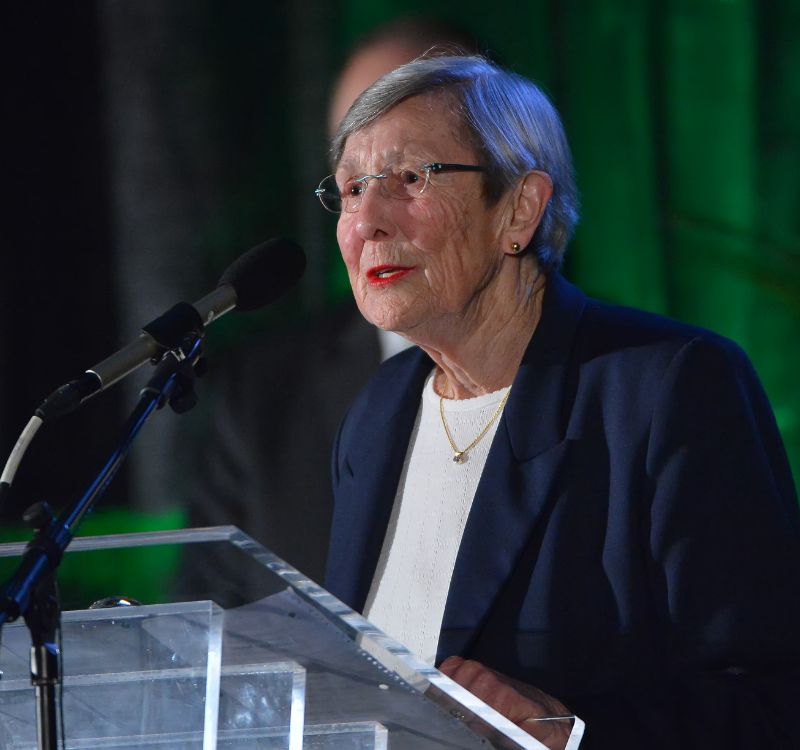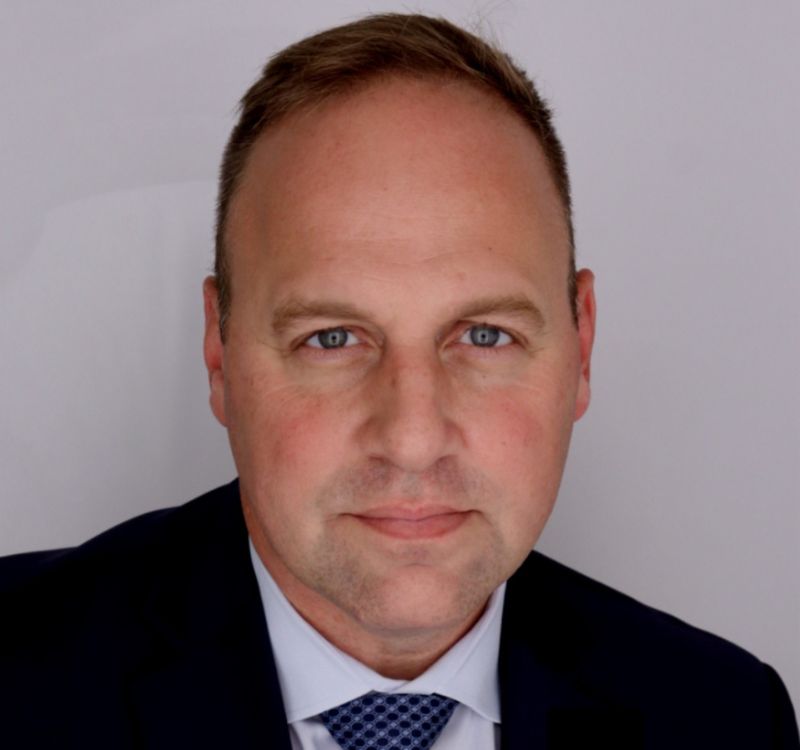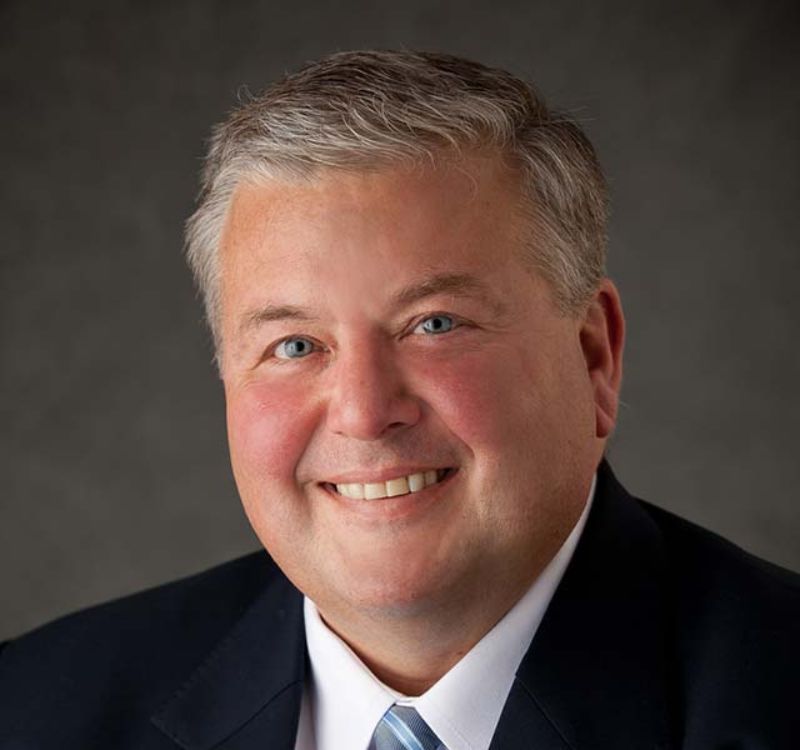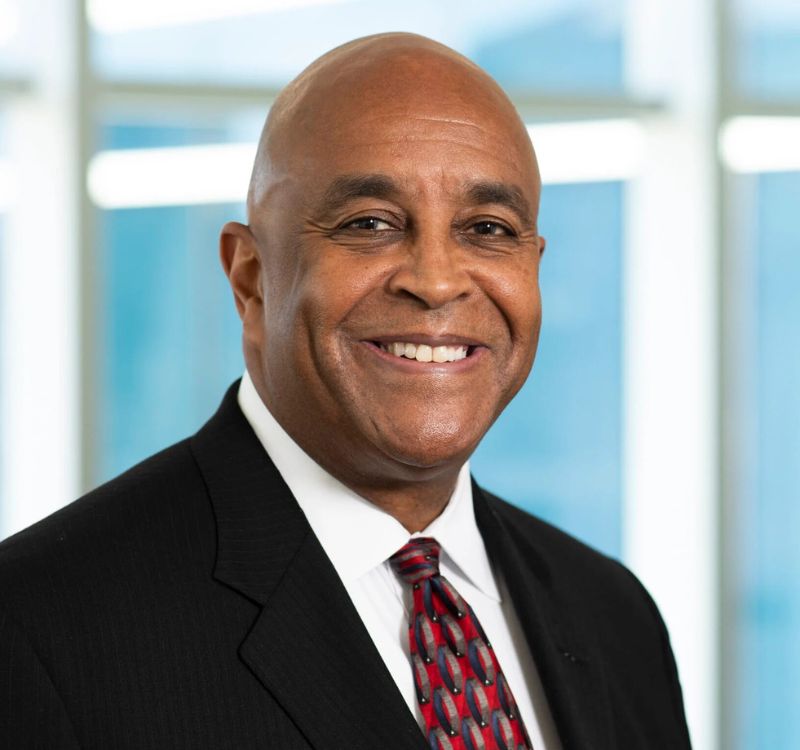The Marshall University Foundation announces the retirement of Dr. Ronald G. “Ron” Area. The Foundation hosted a retirement celebration for Area Oct. 18 at Brad D. Smith Foundation Hall with donors, board members, staff and campus partners in attendance. The Foundation also recognized Area’s wife, Elizabeth “Beth” Area for their shared support of the university the past 17 years.
Nicolas “Nico” Karagosian replaces Area and began serving as president and CEO of the Foundation on Aug. 19. Area served as CEO since July 2007.
“We are incredibly grateful for Ron and Beth’s 17 years of remarkable service and leadership,” Karagosian said. “Their dedication to Marshall University and its community has left an enduring influence that will be felt for generations. As we celebrate Ron’s retirement, we honor their legacy of to the Marshall family. Ron’s work has set a high standard, and we look forward to building on the strong foundation he has established.”
Speakers for the event included Karagosian, Nancy E. Campbell, chair of the Foundation Board of Directors, Marshall University President Brad D. Smith, Amy Area Maxwell, daughter of the Areas, and the Areas as guests of honor. The conference center at Brad D. Smith Foundation Hall will now be named the Dr. Ronald G. Area Conference Center, and a plaque will hang in the conference center honoring Ron and Beth Area’s devotion to the Foundation and their lasting impact on the university.
“Ron Area has been more than a colleague – he’s been a dear friend,” said President Smith. “I am incredibly thankful for the time we’ve spent together and for his wisdom, guidance, and support over the years. His dedication to Marshall University has been transformative, and his work will continue to impact lives for generations to come.
“I’m excited about this new chapter in Ron and Beth’s lives, and I know they will continue to make a difference. We are all better for having had Ron and Beth by our side for so long.”
The Foundation has also established the Dr. Ronald G. and Mrs. Elizabeth L. Area Graduate Scholarship Fund in the College of Education, which was generously endowed by Dr. R. Mark and Mrs. Monica Hatfield. The scholarship acknowledges the Areas for their leadership and teamwork, and to celebrate the attributes they value and embody. The scholarship has received more than $450,000 in financial support with 100 percent participation from the Foundation’s Board of Directors.
“Beth and I are deeply grateful for the kindness and friendship we’ve received over the past 17 years,” Ron Area said. “Marshall University and the Huntington community have become a second family to us, and we will always cherish the memories we’ve made here. This university will forever hold a special place in our hearts, and we are thankful to have been a part of something so meaningful. Though we are moving into a new chapter of our lives, Marshall will always be with us.”
During his time with the Foundation, Area oversaw the success of the Marshall Rises campaign, a comprehensive campaign that spanned from 2016 to 2021 and focused on enhancing the student experience, forming a foundation of research and creative discovery, strengthening community partnerships and engagement, creating an environment of innovative learning, and expanding academics and growing Marshall’s reputation. With an initial goal of $150 million, the campaign surpassed to reach a final total of $176 million.
Area also spearheaded the founding of Foundation Hall, home of the Erickson Alumni Center, which opened in 2010. It would later be renamed the Brad D. Smith Foundation Hall in 2015. The Foundation was previously housed in Old Main, but with a rapidly growing staff, a new home was needed. The Marshall University Alumni Association, which at the time was looking for its own space, incorporated as a supporting organization under the Foundation, and became part of the Foundation Hall. The three-story, 33,000-square-foot building contains office space, meeting rooms, the conference center, and numerous pieces of memorabilia on display in the first floor rotunda. In honor of Area’s retirement, the Foundation has been gifted nearly $50,000 in support of the building maintenance fund.
From 1992 to 2004, Area was president and CEO of the Oklahoma State University Foundation. He was responsible for providing leadership, coordination and management for all private fundraising programs for the Oklahoma State University System. He and his administrative team designed, implemented and completed the university’s first comprehensive campaign raising in excess of $260 million.
Area served in higher education after receiving his doctorate of education from Oklahoma State University in 1978. Upon graduation from OSU, Area accepted the position of assistant dean of continuing education at the University of Tennessee at Chattanooga. He was later named dean. In 1981, he was named vice chancellor of development. During his last three years at UT Chattanooga, Area was named executive vice chancellor and vice chancellor of development.
For information regarding the Dr. Ronald G. and Mrs. Elizabeth L. Area Graduate Scholarship Fund in the College of Education, please contact Marshall University’s Office of Student Financial Assistance at 304-696-3162. For information regarding the building maintenance fund, please contact Marshall University Foundation at 304-696-6264.


